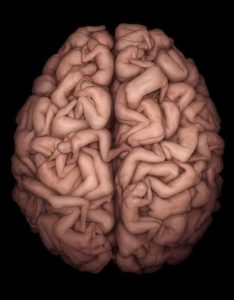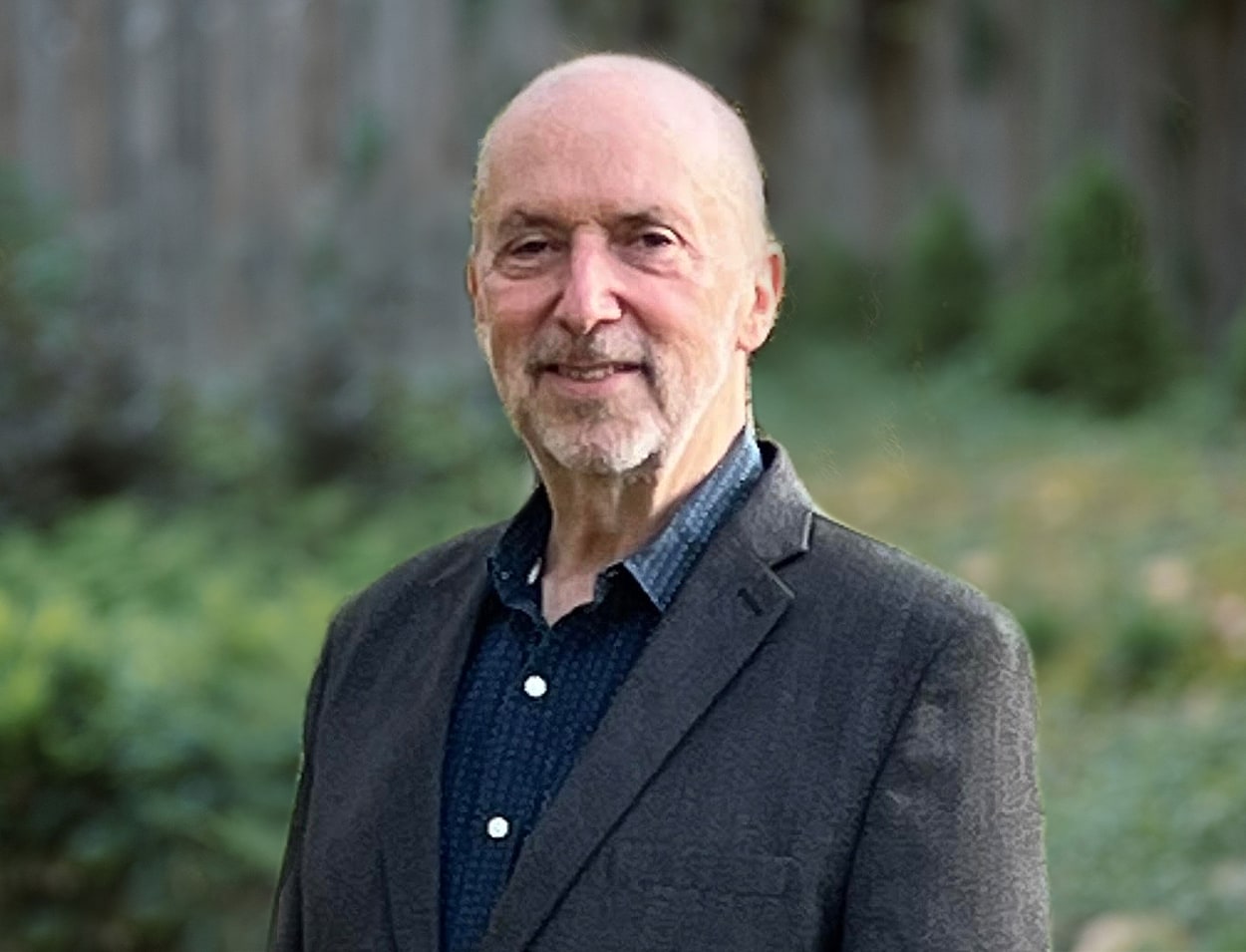 I hear and read so many things that extol the ideal that we are—or should be—complete within ourselves and that we must achieve autonomy (e.g., merge our inner feminine and masculine, achieve enlightenment, overcome the need for others, etc., to realize our human potential.) Interdependence is forgotten in the pursuit of autonomy.
I hear and read so many things that extol the ideal that we are—or should be—complete within ourselves and that we must achieve autonomy (e.g., merge our inner feminine and masculine, achieve enlightenment, overcome the need for others, etc., to realize our human potential.) Interdependence is forgotten in the pursuit of autonomy.
What if the opposite is true?
If there is any validity to evolutionary biology and psychology, our incredibly large human brains evolved around the necessity and capacity to connect, deeply and profoundly, with other humans and to “maintain” that connection and dependence, not overcome it. This, according to some of my favorite relationship theorists, is why breakups, divorces, and betrayals feel so devastating. We are literally designed for connection. If one thing distinguishes our species, it’s our relationality.
Is it possible that the ideal of being “complete on our own” is just another artifact of the “rugged individualism” that enables us to hunt our own species and trash our own environment without feeling the repercussions?

